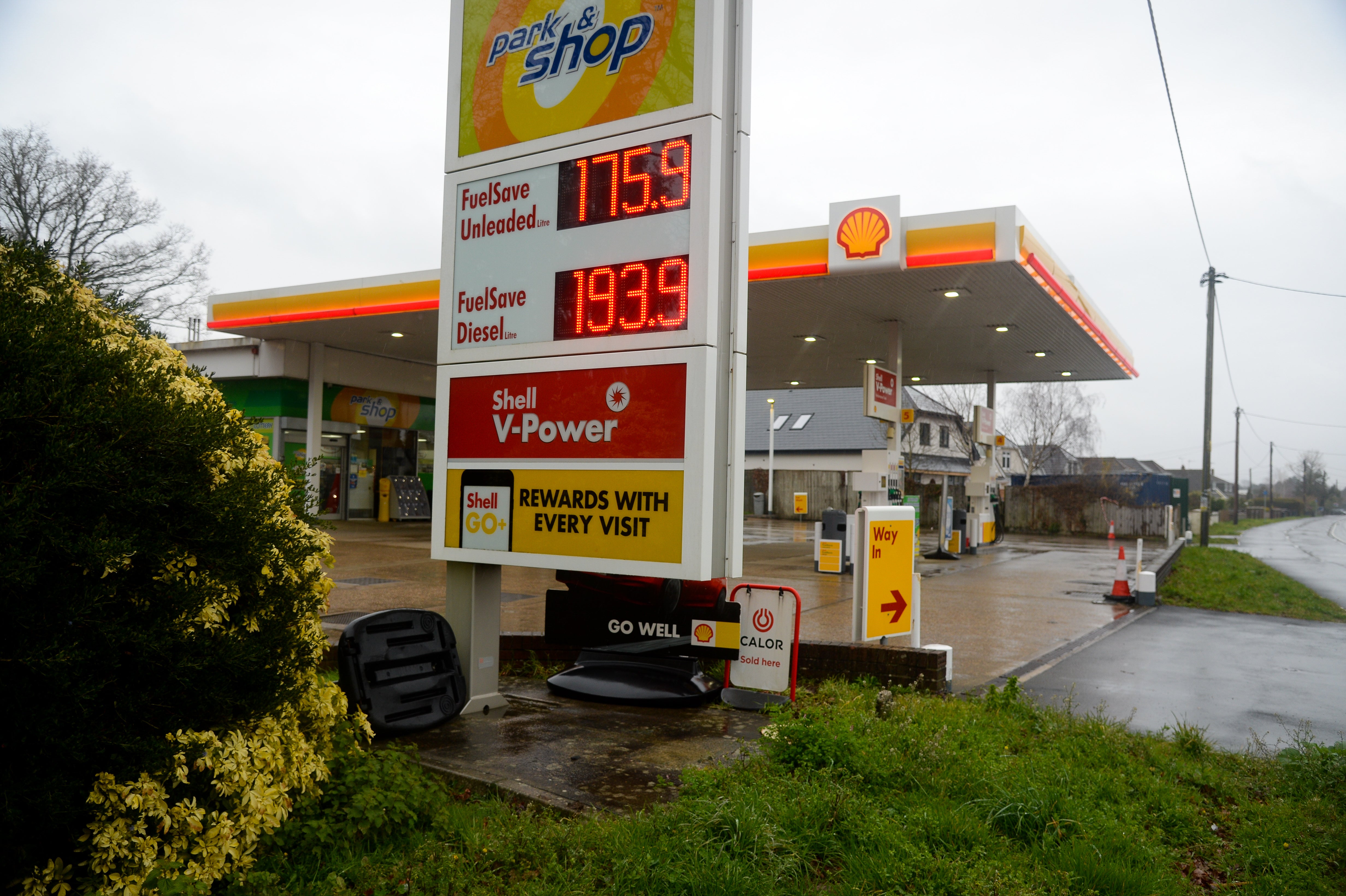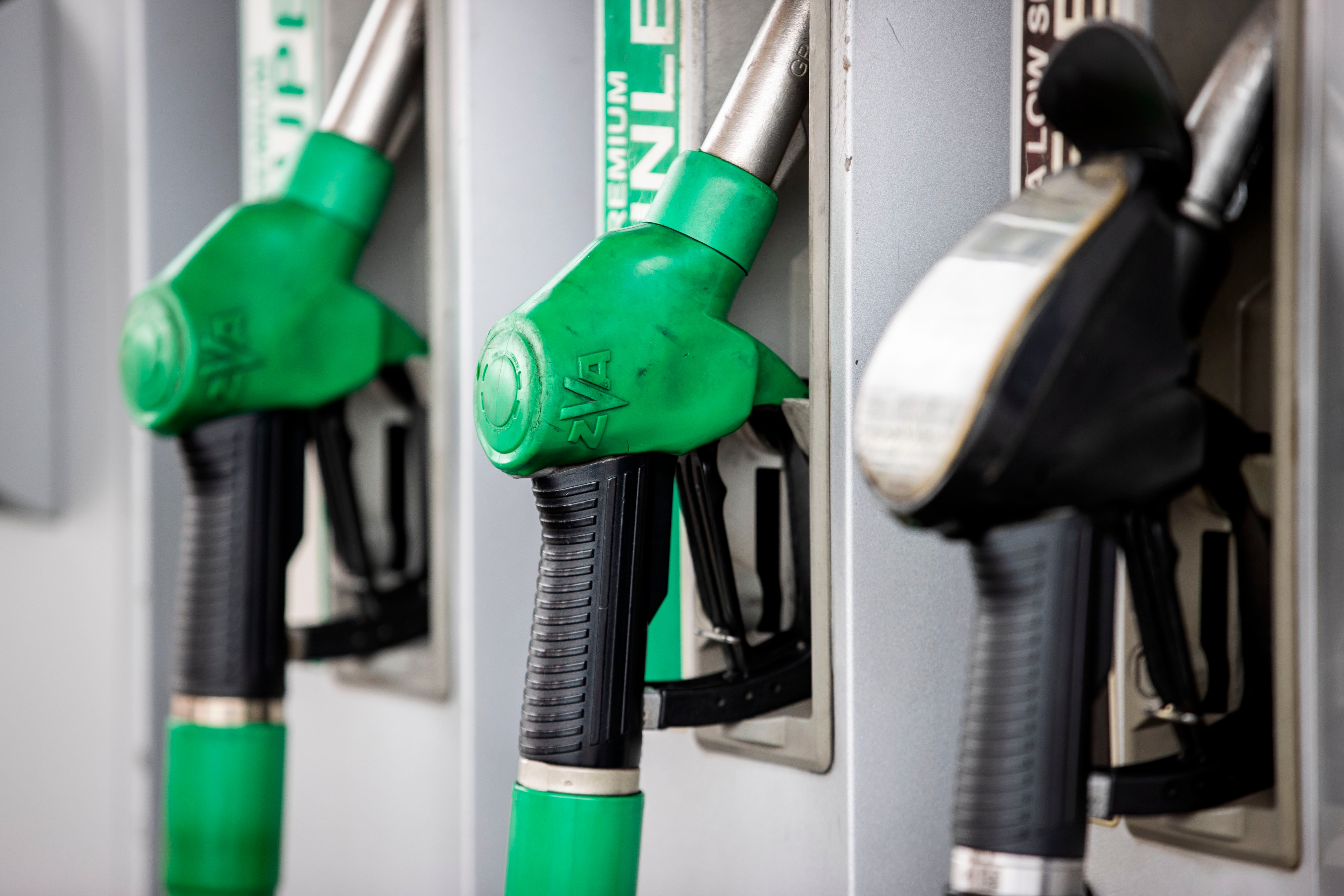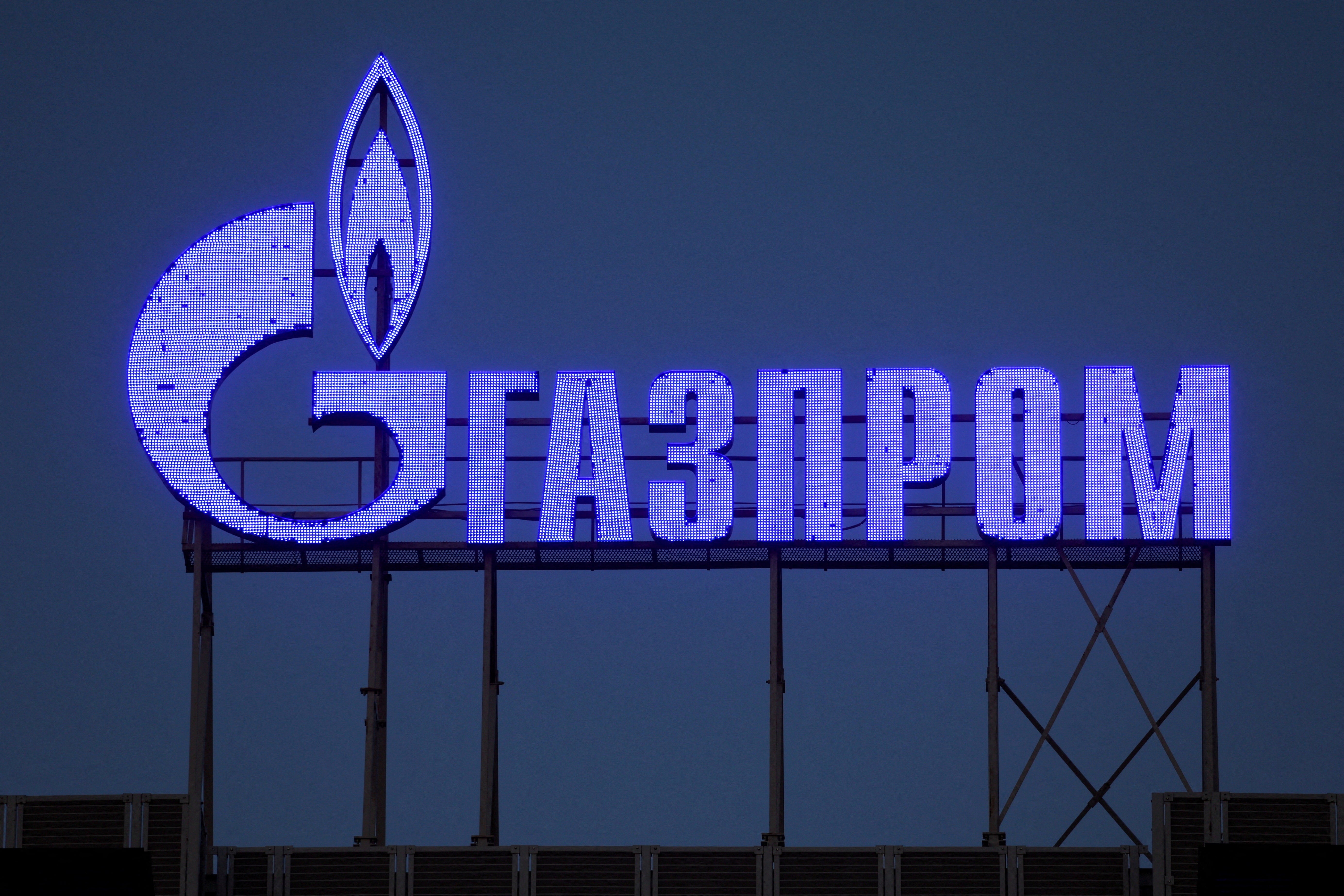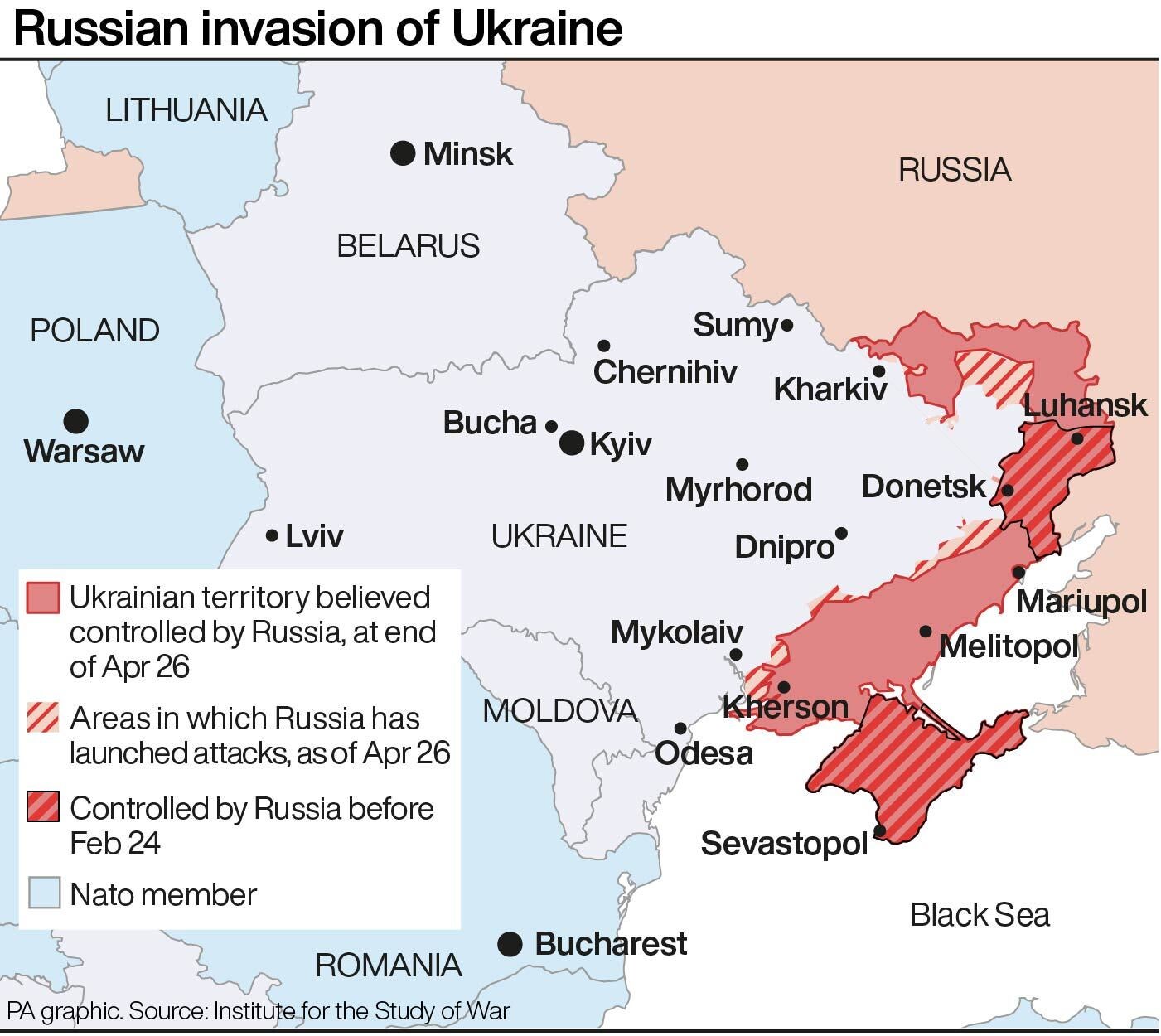UK has imported £220 million of Russian oil since war in Ukraine started, Greenpeace says
Figures show 1.9 million barrels of oil have been imported since Vladimir Putin’s invasion began

The UK has imported around £220 million worth of Russian oil since the start of Vladimir Putin’s invasion of Ukraine, according to new analysis by Greenpeace.
Figures released on Wednesday show 1.9 million barrels of oil (257,000 tonnes) have been imported since Russia’s war began at the end of February.
The oil flowed into the country on eight tankers from Russia tracked by environmental campaigners at Greenpeace. The UK government swore it would ban Russian oil imports phasing it out by the end of the year.
Within its sanctions on the Kremlin, the UK has already banned Russian-owned, operated or flagged ships from entering the UK but this does little to stop a vessel owned by another foreign nation entering with Russian oil.
“The UK government is no stranger to hypocrisy but pledging ‘unwavering support’ to Ukraine while shipping in almost two million barrels of Russian oil is utterly disingenuous, even by Boris Johnson’s standards,” said Georgia Whitaker, oil and gas campaigner at Greenpeace UK.
“This war has cost at least 2,000 civilian lives so far. That’s 2,000 innocent deaths largely funded by fossil fuels.
“Despite the mounting death toll, the UK government has given itself until the end of the year to stop importing Russia’s bloody oil.
Greenpeace warned that eight more months of Russian oil and gas is “eight months too many” as fighting in eastern Ukraine intensifies leading to increased civilian casualties.

The figures come as Moscow energy giant Gazprom has told Poland and Bulgaria it will stop sending gas supplies to them - making the two countries the first to have their gas cut off by Europe’s main supplier since Moscow launched its invasion.
Mr Putin has demanded that countries he terms “unfriendly” agree to a scheme under which they make payments for Russian gas imports in roubles. Both Bulgaria and Poland have refused to do this.
Poland’s gas supply contract with Gazprom covers about 50 per cent of national consumption.
Russia's decision to cut off gas supply to Poland will add to its status as an economic and political pariah, British deputy prime minister Dominic Raab said on Wednesday.

“It (halting gas supply) will have a ... very damaging effect on Russia as well because it is becoming further and further, more and more, not just a political pariah, but an economic pariah,” Mr Raab told Sky News.
In March, Boris Johnson announced a UK oil boycott on Russian oil, gas and coal would be completed by the end of 2022 while the EU vowed to reduce demand for Russian gas by two-thirds this year.
Ukrainian president Volodymyr Zelensky urged the west to go further to block Russian fuel comparing the purchase of Russian oil and gas during president Putin’s murderous assault on his country to “giving money to a terrorist”.

The EU is far more dependent on Russian energy sources than either the UK or US, and Germany’s foreign minister Annalena Baerbock warned the country would be thrown into chaos by an immediate ban.
Russian deputy prime minister Alexander Novak warned boycotts would have a “catastrophic” impact on the world economy, driving prices up beyond $300 (£229) a barrel from their current historic highs around $125 (£95).
Analysts warned of a significant impact on western societies, with the chief UK economist at Pantheon Macroeconomics, Samuel Tombs, telling The Independent petrol prices at the pump could soar by 50 per cent in April, driving consumer inflation up to 8.7 per cent.
Join our commenting forum
Join thought-provoking conversations, follow other Independent readers and see their replies
Comments
Bookmark popover
Removed from bookmarks